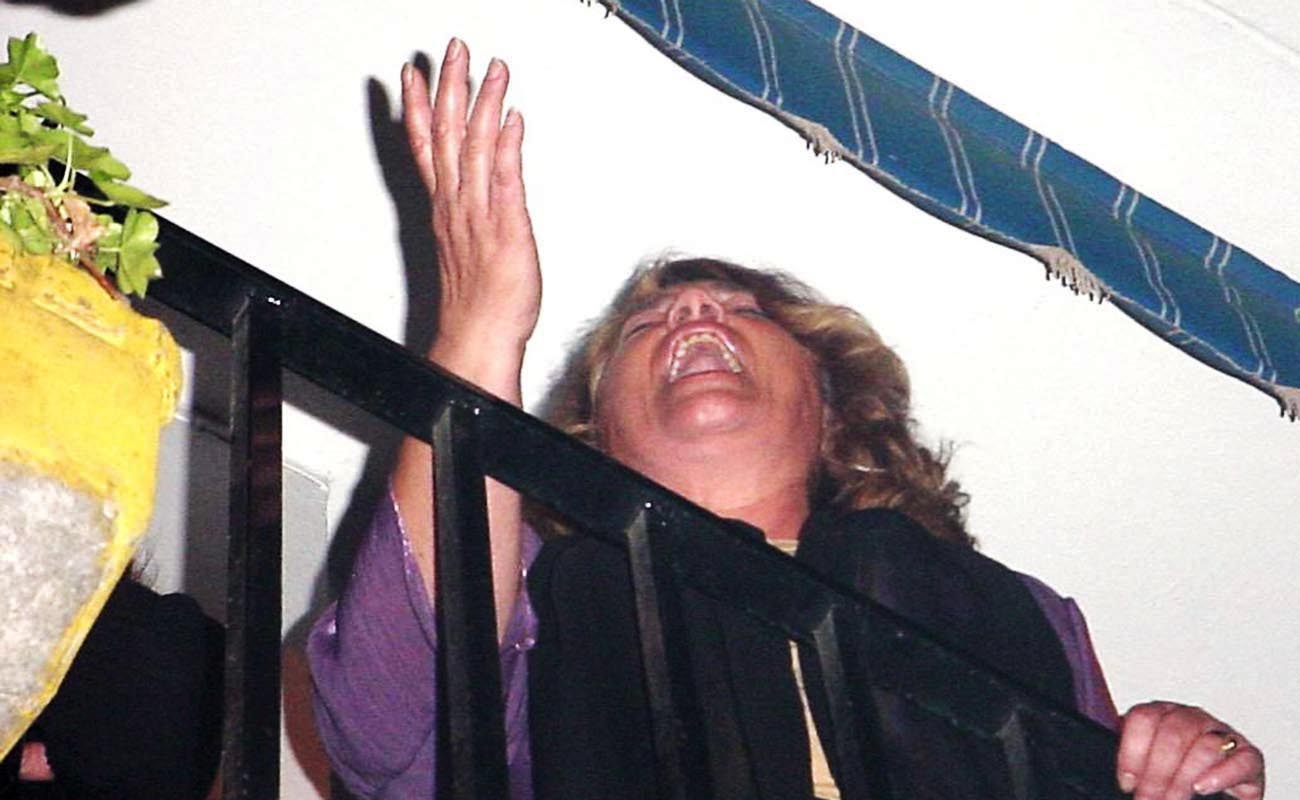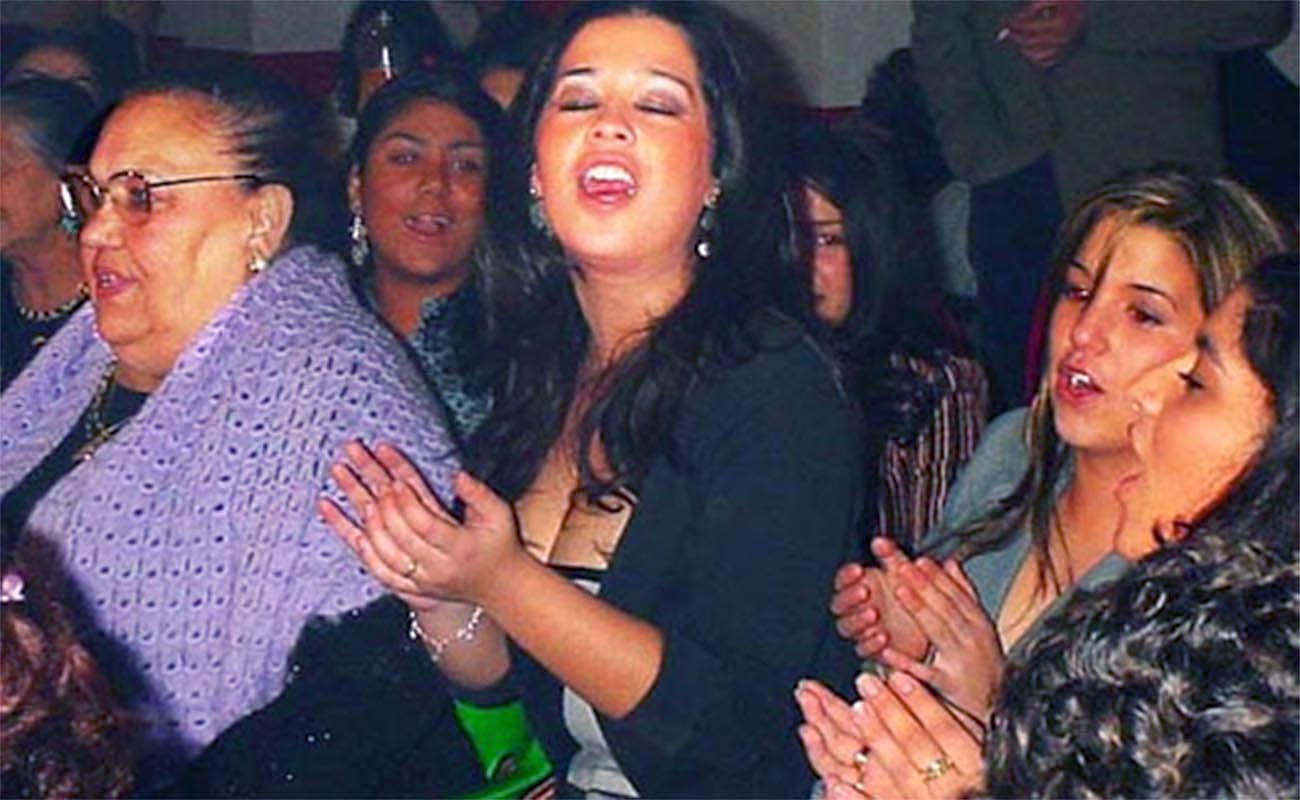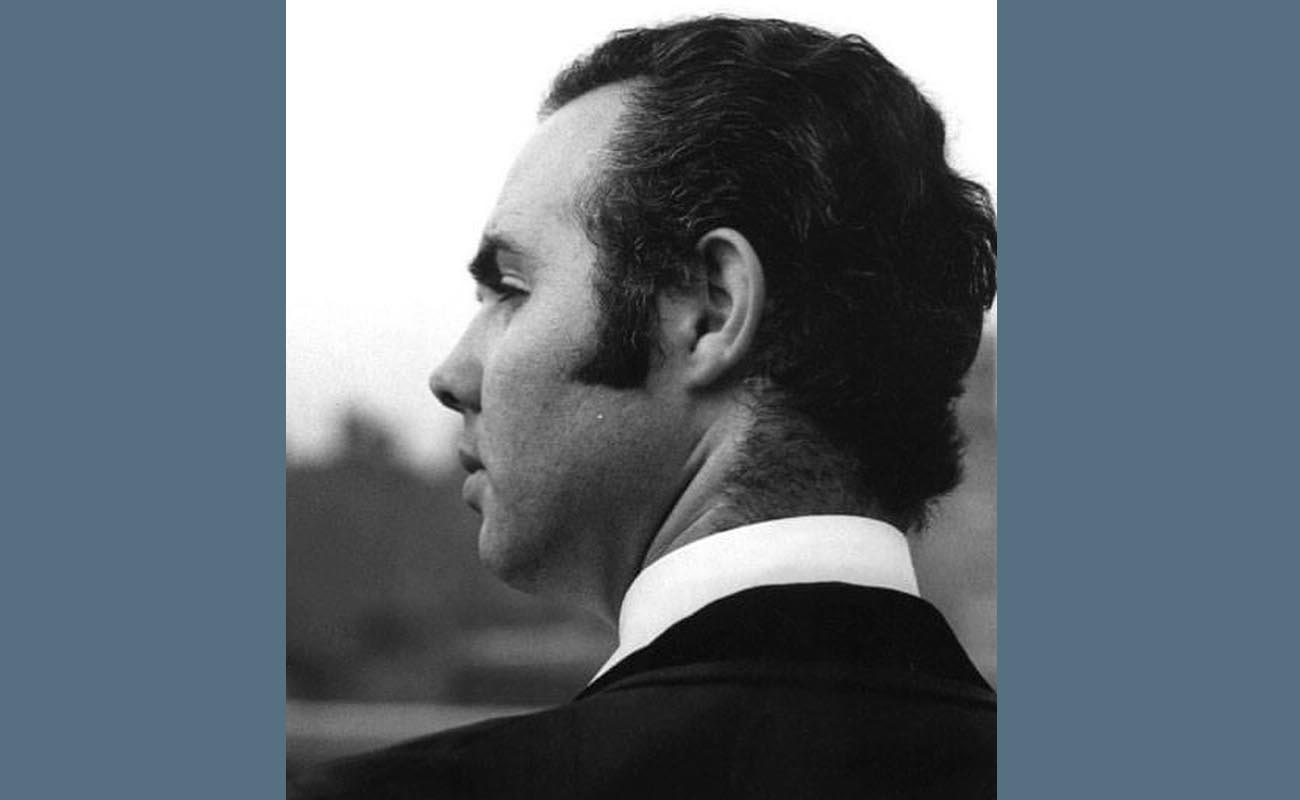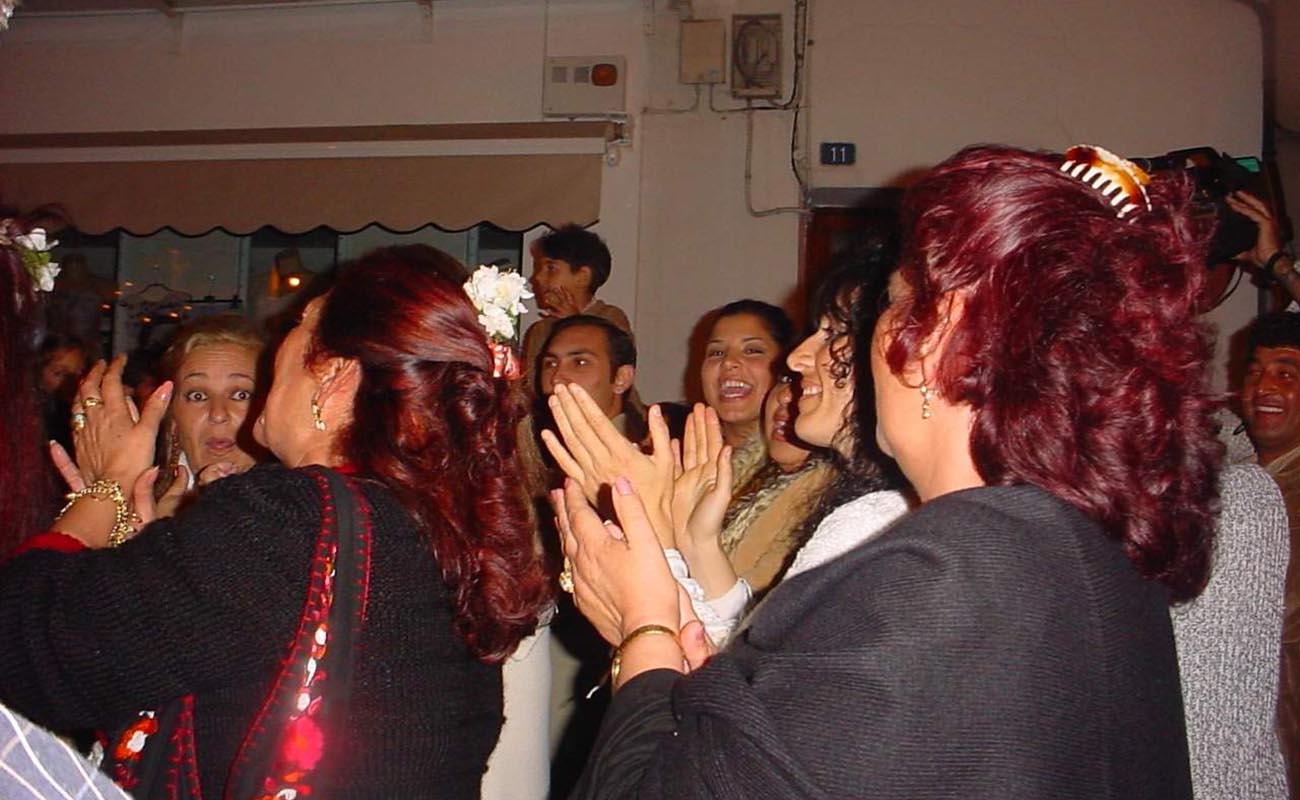Virtually flamenco
Washing our food with disinfectant is but a distant memory, while face-masks are here to stay, and virtual flamenco is a work in progress finding its place in the rethinking of customs that may no longer be practical.

We’ve been living with the invader for ten months now. As we begin a new year, flamenco artists are seeking ways to solve numerous problems with a positive and constructive attitude.
First of all, we need to accept the possibility that those of us of a certain age may not see a return to normalcy during our lifetimes. As a significant percentage of interpreters, unable to make ends meet, seek conventional work, and are no longer able to maintain their level, the herd of professional artists will be brutally culled.
New routes of communication between artists and their audiences are being explored. One novel undertaking is the ongoing Café Cantante Live series being presented by the organization Siempre Flamenco with the collaboration of Expoflamenco. A combination of dance, singing and guitar recitals, with pre-show presentations and most notably, real-time question and answer sessions, all help give dimension to the sounds and images flashing before us on our computer screens, tablets and telephones.
Many flamencos watched the protest staged recently outside the Culture Ministry in Madrid in order to call attention to the dire situation flamenco tablaos are struggling to manage, having been closed for 9 months, and facing a bleak future. Or no future at all. As part of the flamenco machine, I certainly sympathize with the cause, and defend this art-form as a unique part of Spain’s cultural heritage. However, we’re all in this mess together, whether a violinist in Paris, a taxi-driver in Tokyo or a school teacher in Melbourne. John F. Kennedy’s famous quote, “Life isn’t fair”, suits the occasion. No individual deserves to be deprived of the hopes, dreams and achievements of a lifetime, as well as income to cover basic needs.

Cante coral en Utrera. Foto: Estela Zatania
What are people doing to cope? It seems as though everyone who ever danced flamenco is offering online classes, some for free. It’s as understandable as it is sad. I tried some classes, and boy, as soon as you stand up and away from your work station, the person whose dancerly wisdom you’re trying to capture begins to look very very small. It’s tedious. And it’s disappointing, at least what I’ve seen so far, although some get it together better than others.
On-line guitar classes work better. The student can pause, enlarge and repeat images as required, which is very useful, given the nature of the guitar and the need to decipher finger positions. Real-time classes, with programs such as Zoom, are even more viable. I’ve also seen interesting castanet classes, instruction for singing for dance, accompaniment classes and a credible singing initiation class which managed to explain, in very broad strokes, how cante works.
People, including non-professionals, are squeezing their brains to the limit in an effort to find new outlets. Here in Jerez, some individuals have at least found a way to get in the seasonal mood thanks to “zambomba balconing”. That unwieldy name refers to the popular Christmas party, zambomba, with choral singing flavored with flamenco. Just the type of crowded gathering health authorities have strictly forbidden this year. However, by organizing people at a specific time in a Jerez housing development to go out onto their balconies and share traditional songs, typical sweets and other beloved customs, an unmistakable Christmas feeling was pieced together and even enhanced by the solidarity of the event.
The costly, elaborately perfect shows we’ve learned to expect in theaters, and which do not always deliver great art, may become obsolete. Pandemic aside – because it will surely wane eventually – flamenco is in need of creative ways of reaching audiences that generate income for the interpreters, and keep the flamenco ball rolling in a positive direction without damaging the goods.
Washing our food with disinfectant is but a distant memory, while face-masks are here to stay, and virtual flamenco is a work in progress finding its place in the rethinking of customs that may no longer be practical.




